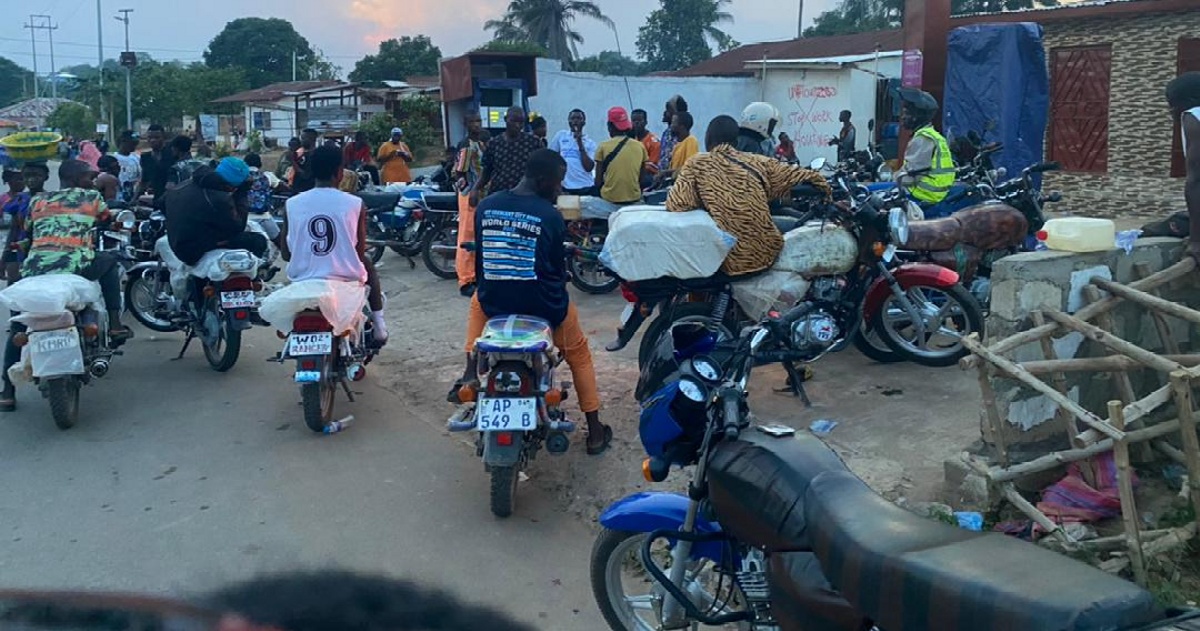The recent surge in fuel prices has left residents in distress, particularly highlighting the plight of petty traders, commonly known as “jebu” sellers in Kono District.
Reports revealed that, these traders are now compelled to pay an additional 60 leones for a 20-litre “batta” of fuel at filling stations, a significant markup that is squeezing their already narrow profit margins.
This extra cost is being unofficially imposed by station attendants, adding an unfair burden on these small-scale vendors who play a crucial role in the local fuel distribution network.
Residents have voiced their concerns over this blatant exploitation, pointing fingers at both the Petrol Regulatory Authority (PRA) and the district authorities for their apparent indifference. The regulatory bodies’ lack of stringent oversight has allowed such malpractices to flourish unchecked, leaving jebu sellers and end consumers to bear the brunt of the inflated prices. The additional costs are inevitably passed down the supply chain, resulting in higher prices for fuel across the board, which impacts every aspect of daily life.
The masses, including students and traders, are particularly hard hit by these rising costs. Many students rely on affordable transportation to commute to and from educational institutions, and the increase in fuel prices directly translates to higher transportation costs, potentially hindering their access to education. Similarly, traders who depend on fuel for transporting goods are facing escalated operational costs, which could lead to higher prices for essential commodities, further exacerbating the economic strain on households.
Despite the growing outcry from the public, the response from the PRA and district authorities has been lacklustre. There have been no significant measures or interventions to curb the unofficial surcharges imposed by filling station attendants. This perceived negligence has fueled public frustration and a sense of abandonment among the residents, who feel their concerns are being disregarded in favour of other interests.
In conclusion, the unchecked increase in fuel prices and the additional unofficial charges imposed on Jebu sellers have created a dire situation for many residents. The lack of decisive action from regulatory and district authorities only deepens the crisis, leaving the masses, particularly vulnerable groups like students and small traders, to grapple with the escalating cost of living. Immediate and effective interventions are necessary to address these issues, ensuring fair practices in fuel distribution and alleviating the financial pressures on the community.


 5 Comments
5 Comments









Comment(s)
Disclaimer: Comments expressed here do not reflect the opinions of Sierraloaded or any employee thereof.